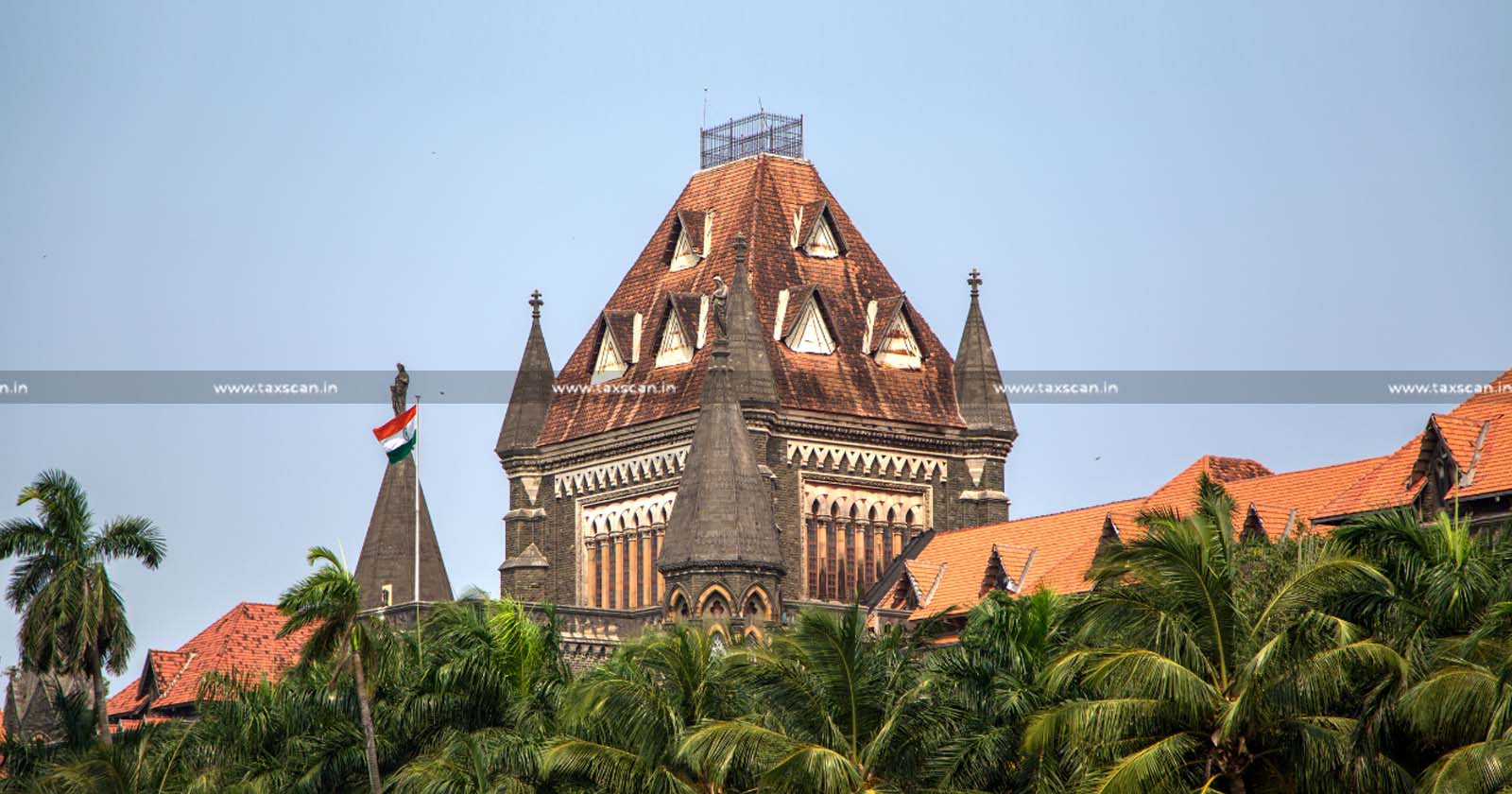No Mens Rea in Delivery Mismatch: Allahabad HC Quashes GST Penalty [Read Order]
The Court ruled that a delivery mismatch and technical e-way bill glitch cannot establish tax evasion
![No Mens Rea in Delivery Mismatch: Allahabad HC Quashes GST Penalty [Read Order] No Mens Rea in Delivery Mismatch: Allahabad HC Quashes GST Penalty [Read Order]](https://images.taxscan.in/h-upload/2025/11/25/2107841-allahabad-high-court-gst-penalty-taxscan.webp)
The Allahabad High Court held that a mere mismatch in the place of delivery, against subsequently produced e-way bill and undisputed import documents, cannot justify a penalty under Section 129 of the Central Goods and Services Tax Act, 2017 (CGST Act).
M/s Singhal Enterprises, a proprietorship concern, had purchased MS Bars from M/s Laxmi Traders, Chhattisgarh. The seller had generated the tax invoice, railway receipt, and the e-way bill for outward movement of the goods. When the goods entered the State of Uttar Pradesh, the petitioner instructed the truck driver to deliver them following a standard commercial practice in order to avoid unnecessary loading and unloading at multiple locations.
 Also Read:Bombay HC Dismisses Writ Petitions Challenging Criminal Proceedings in IPO Share Manipulation Case [Read Order]
Also Read:Bombay HC Dismisses Writ Petitions Challenging Criminal Proceedings in IPO Share Manipulation Case [Read Order]
Due to what the petitioner described as a technical glitch in the online system, a fresh e-way bill reflecting the change in the delivery destination could not be generated at the time of raising the local invoice. While the goods were being unloaded, the vehicle was intercepted by the authorities. Although the petitioner produced the e-way bill subsequently, the authorities passed an order under Section 129(3) of the CGST Act imposing tax and penalty. The first appellate authority affirmed this order, leading to this writ petition.
Counsel Aloke Kumar for the petitioner argued that Section 129 of CGST Act was wrongly invoked since all import documents were genuine, and the delivery change was standard business practice with no intent to evade tax. Further, the e-way bill was produced before the seizure order and the technical glitch was undisputed. Since, there is no presence of “mens rea” that a delivery mismatch alone cannot justify the penalty.
 Also Read:WhatsApp Chat Between Buyer’s Son and Accountant Has No Evidentiary Value Without 65B Certificate: ITAT deletes S.69A Addition [Read Order]
Also Read:WhatsApp Chat Between Buyer’s Son and Accountant Has No Evidentiary Value Without 65B Certificate: ITAT deletes S.69A Addition [Read Order]
The bench of Justice Piyush Agrawal observed that the goods had been imported from Chhattisgarh with valid tax invoices, railway receipts and e-way bills, and the original e-way bill had not been cancelled. The Court held that a mismatch in delivery destination, in itself, could not be treated as evidence of intent to evade tax. It further noted that the e-way bill had been produced prior to the seizure order, yet the authorities had not considered this. The Court found no claim from the department suggesting that the goods at unloading were different from those imported.
Thenceforth, there was no contravention of the CGST Act, 2017, and no mens rea could be attributed to the petitioner. Therefore, the Court quashed both the order and the appellate order. Further, the authorities were directed to refund any amount deposited by the petitioner within two months.
Support our journalism by subscribing to Taxscan premium. Follow us on Telegram for quick updates


